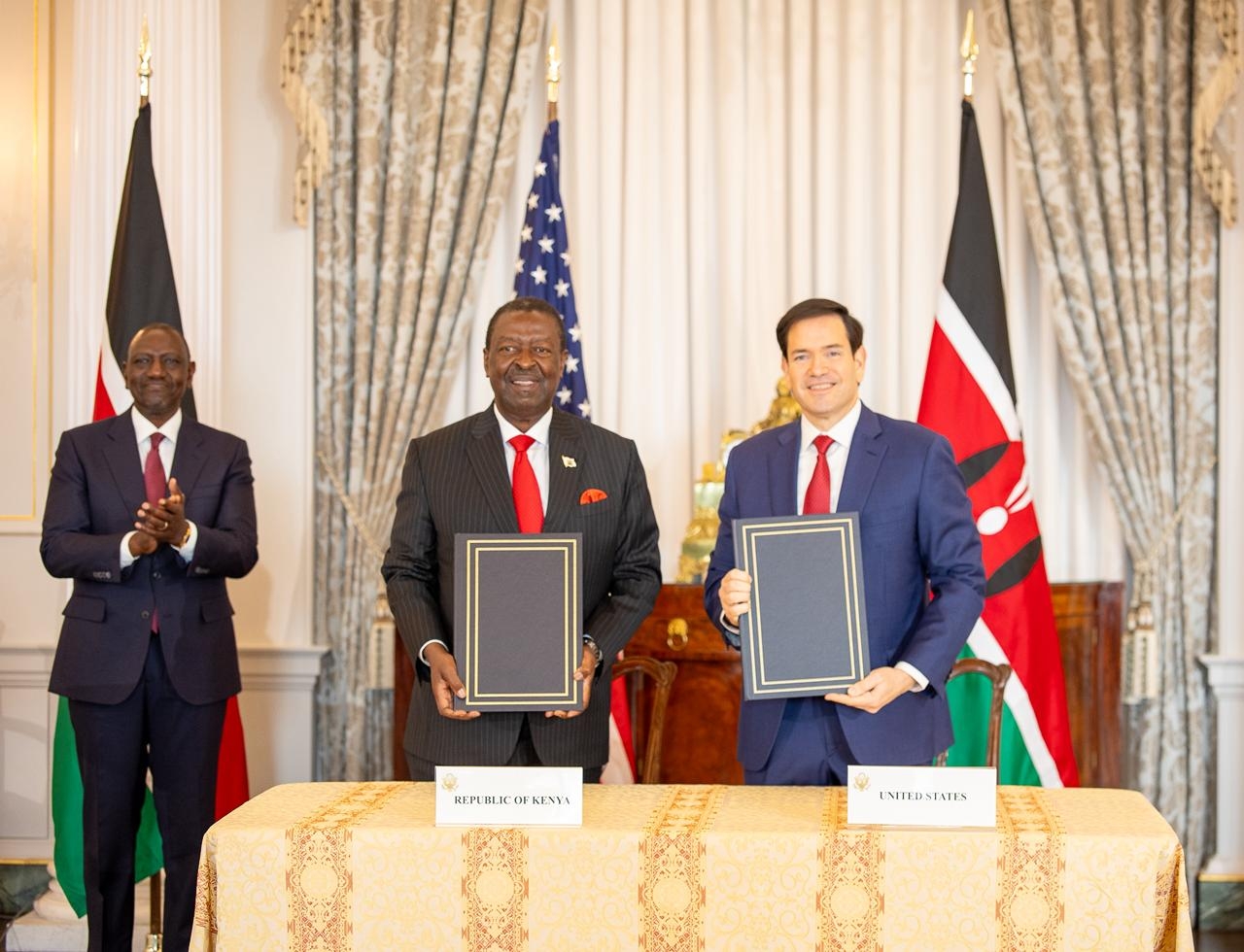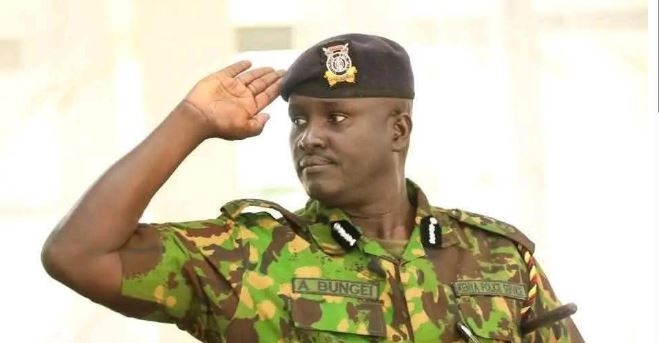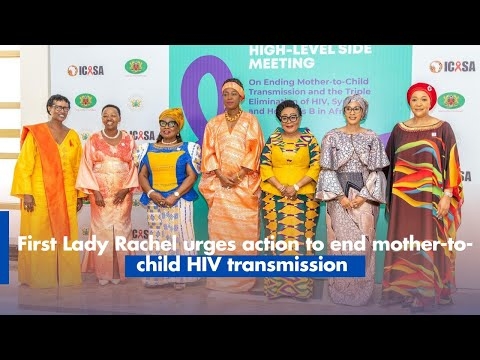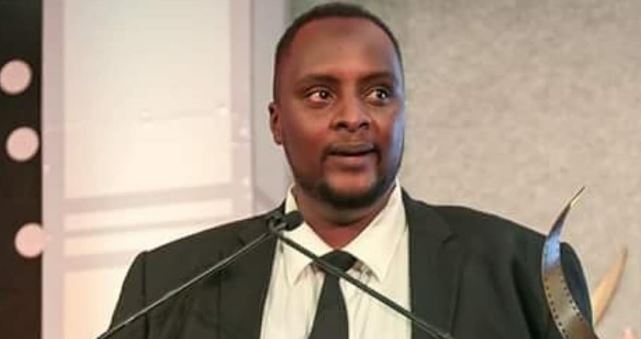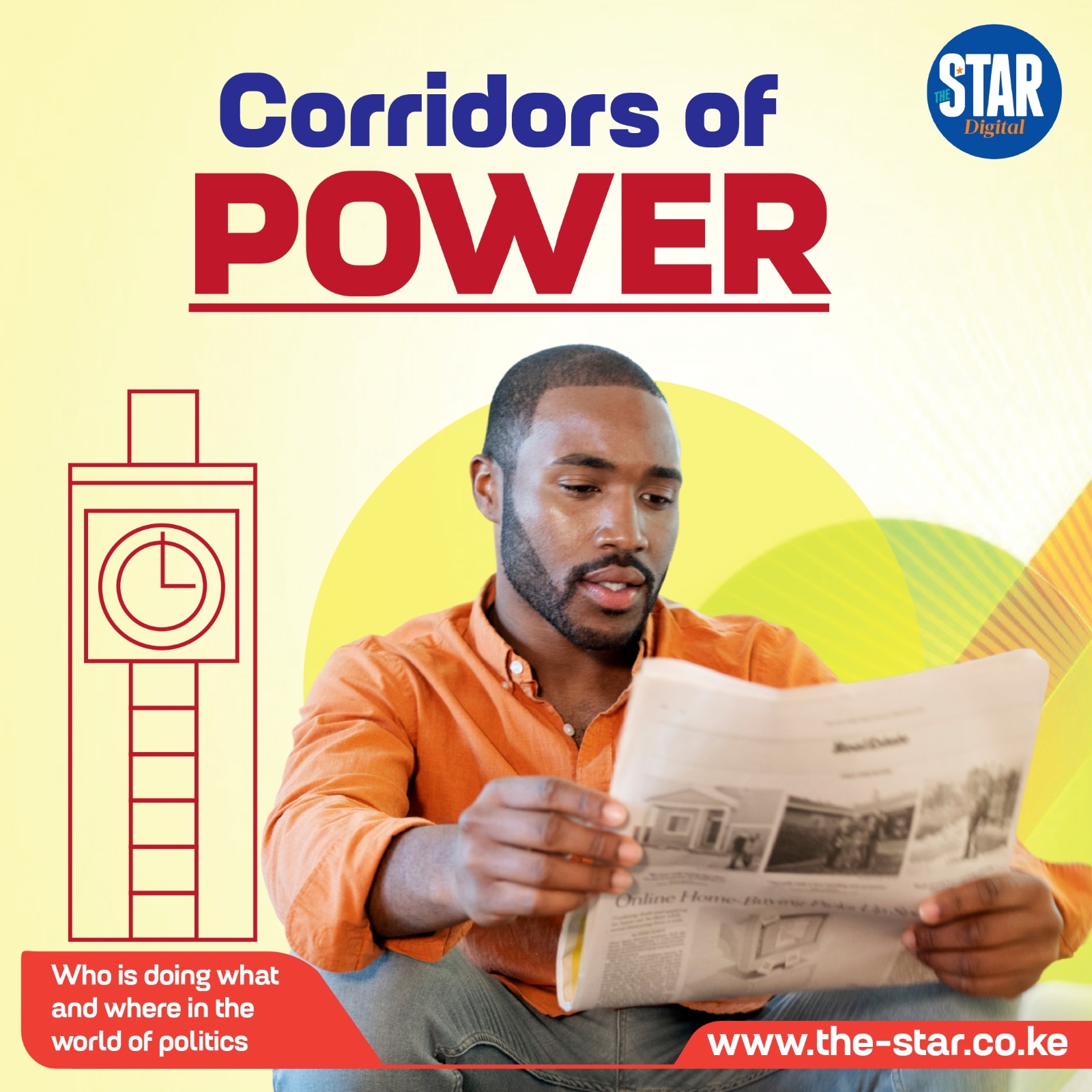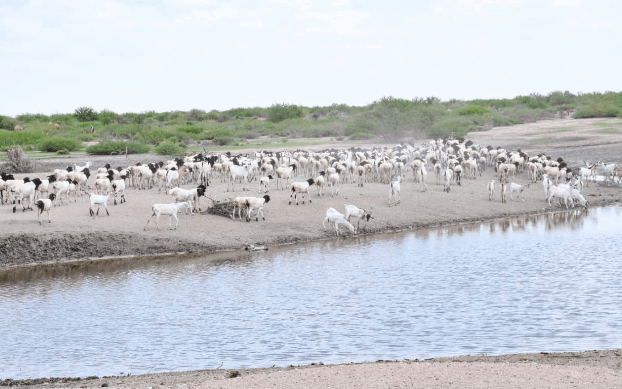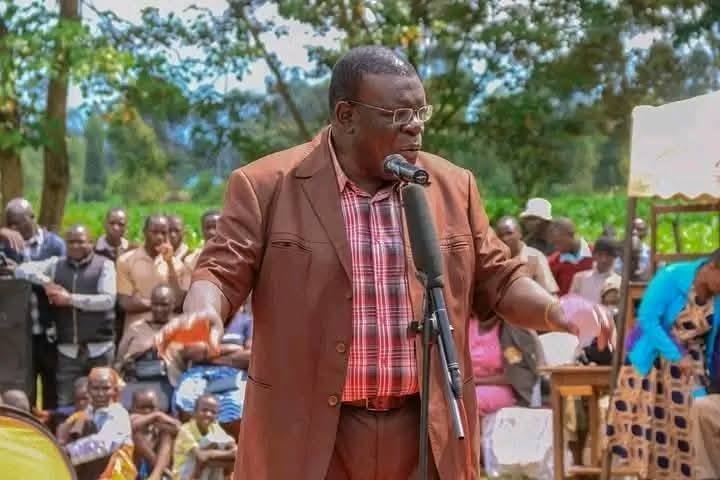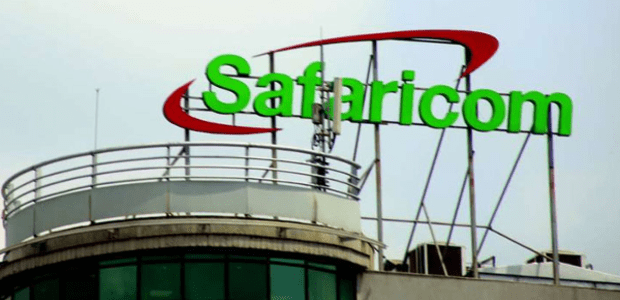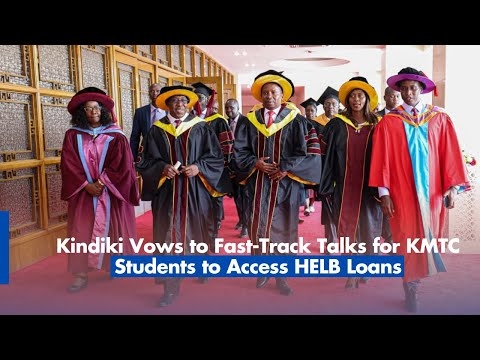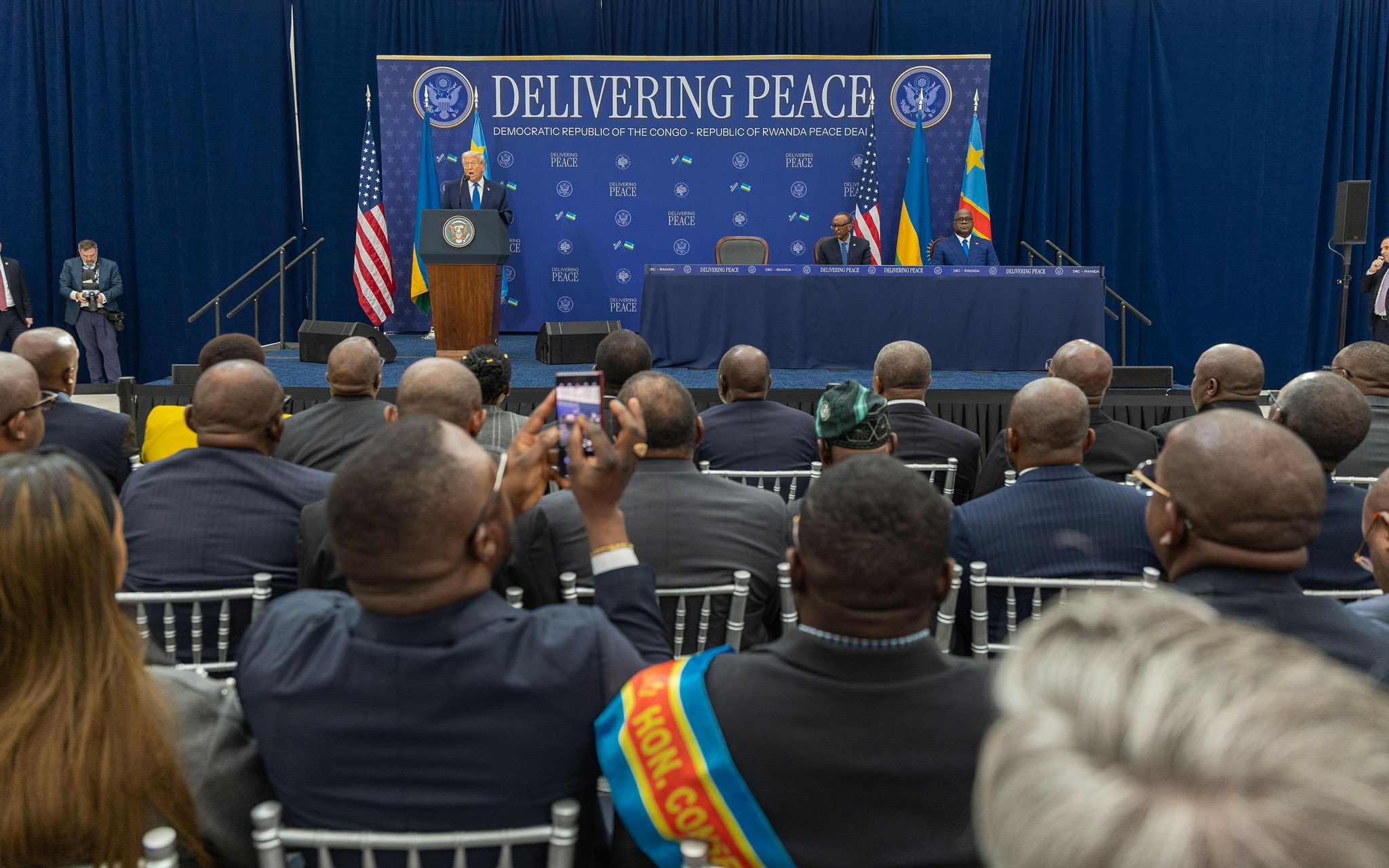Azimio-One Kenya presidential candidate Raila Odinga has lost the presidency once again making his attempts five and the last one.
Many were disappointed by the results that were announced by IEBC chair Wafula Chebukati.
Making the announcement, Chebukati announced Ruto the winner with 7,176,141 votes while Raila received 6,942,930 votes.
This was even after four IEBC commissioners led by commissioner Juliana Cherera said they cannot take ownership of the results because of the opaque nature they have been handled.
"We have done the 2022 general election in the most efficient manner. We have ensured that all the challenges have been contained," commissioner Juliana Cherera said during a hastily arranged press briefing at Serena Hotel.
Many were caught left footed by the announcement.
Raila, fondly known as Baba and Tinga, is a seasoned opposition leader, coming from a famous family. His father, Jaramogi Oginga Odinga, was Kenya's first vice president,
For years Raila was known as a firebrand street protester and former political detainee. He was adored by near-fanatical supporters and vilified by the threatened establishment and the elite. Raila has said victories were stolen from him.
The 77-year-old ODM boss made a fifth stab at the presidency this year after unsuccessful bids in 1997, 2007, 2013 and 2017.
He is well known for his signature slow-motion dance to reggae songs during his rallies. They have been dubbed the 'Raila Dance' and many people mimic his moves.
He is also known for always carrying a handkerchief to wipe away tears caused by torture during illegal detention of six years.
But from firebrand opposition leader, Raila has moved to the centre, becoming the establishment candidate with the powerful backing of President Kenyatta who has been at war with his deputy Ruto. Critics have deplored that Kenya no longer has a viable opposition.
Raila’s running mate Martha Karua asked the leaders to begin the journey to serve the people who chose them.
“Even where no seat was won, votes still came. Feel greatly appreciated because you are still our heroes; you put up a fight and you stood in the gap,” she said.
RAILA THE FIGHTER
Raila repeatedly failed to clinch the power and during the four attempts, he claimed the vote was stolen from him.
The most notable election rigging was witnessed in 2007 elections when Raila was vying against Mwai Kibaki.
Raila was convinced he had won. Kibaki was sworn in at night in the glare of cameras, sparking violence across the country.
In the post-election violence that followed, about 1,200 people died and more than 600,000 were left homeless.
Raila later shook hands with Kibaki and was given the Prime Minister's position in a power-sharing deal that brought peace.
In 2013, Raila also battled for the top seat but lost to Uhuru Kenyatta and William Ruto who were facing PEV-related charges before the International Court of Justice at The Hague.
In 2017, the ODM chief lost to Uhuru again at the ballot box but he went to the Supreme Court. It nullified the presidential election over what it called widespread irregularities and illegalities. It ordered a rerun.
The opposition leader boycotted the rerun, saying their demands to secure the transmission system and get access to the 'backdoor' of the system had not been met and therefore he would not participate. Uhuru was reelected with low voter turnout.
Raila then declared himself "the people's president" at a huge rally in Nairobi and swore himself in during a symbolic ceremony.
RECONCILIATION
The country was divided and tense, different camps were enraged. More violence was feared.
On March 9, 2018, Raila and Uhuru shook hands at Harambee House, agreeing to put aside their differences in the interests of peace in Kenya and development.
Raila's allies in Nasa, the National Super Alliance, and Uhuru's deputy, Ruto, were taken by surprise and incensed.
Ruto considered his exclusion an insult. Though he and Uhuru had earlier differences, this was the beginning of the end. For Ruto it was a curse. He protested and started becoming enemies with the President who had once pledged to support Ruto as his successor.
The handshake led to Uhuru and Raila launching the Building Bridges Initiative (BBI). It was intended to lead to a referendum to make far-reaching changes to the Constitution, including adding top leadership positions that could be shared with other opposition leaders.
They said the aim was to end the electoral cycle of violence and the 'winner take all' system that led to exclusion and frustration of other deserving communities.
BBI collapsed after the High Court ruled the President had acted unlawfully when he spearheaded referendum changes to the Constitution. That court, the Court of Appeal and the Supreme Court found unjustifiable and unconstitutional flaws in the BBI procedure.
Despite this setback, Uhuru's support for Raila did not dim as he continued to drum up support for him publicly without mentioning his hame But his intention was clear, especially to Ruto.
This meant Uhuru was not going to support his deputy and they drifted further apart and became antagonists as their second term began.
Uhuru and Raila drew closer and they drew at least 26 parties into the Azimio la Umoja coalition.
President pulled out all the stops to support Raila and state machinery and state officers helped.
Polls at first showed Ruto ahead, but Raila caught up and by Election Day they were neck and neck. The race was impossible to call.
As tallying proceeded, they were still close, first one ahead, then the other.
WATCH: The latest videos from the Star

